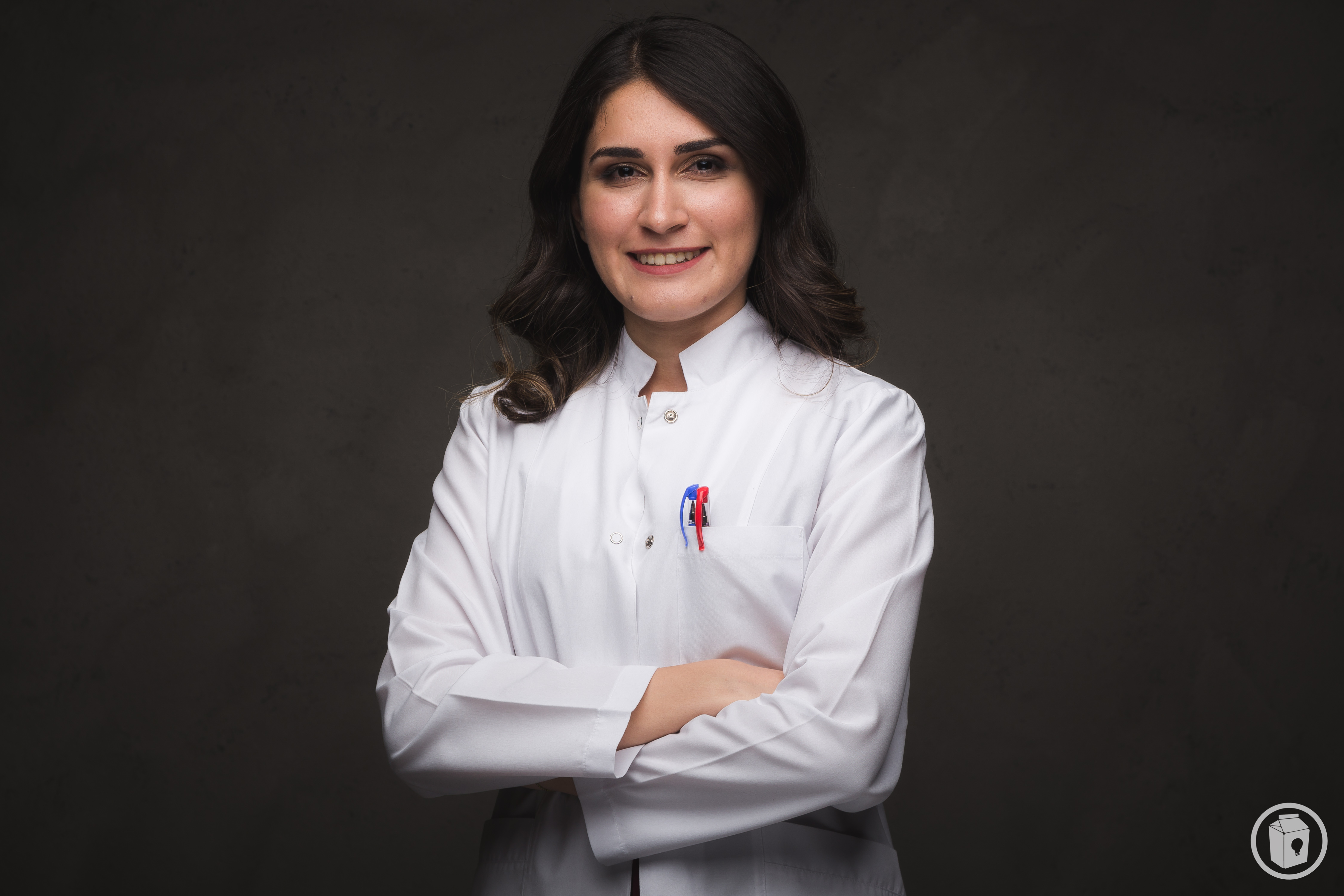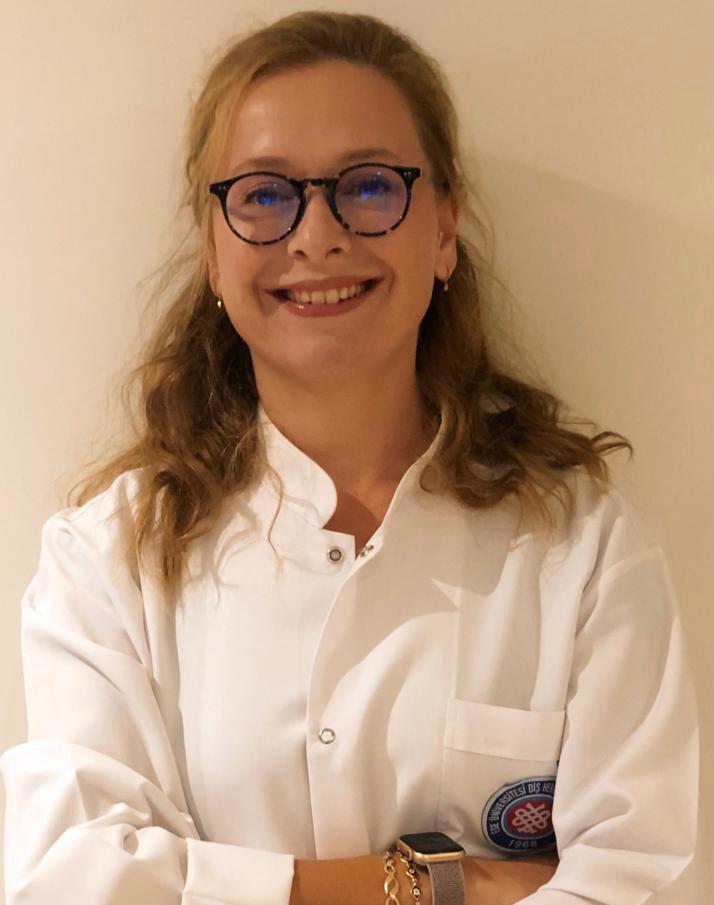Other
(TC37) Intentional Reimplantation as a Successful Strategy in Managing Acute Apical Abscess

Ezgi Demir, N/A
Specialization Student
Ege University Faculty of Dentistry Department of Endodontics
izmir, Izmir, Turkey
Ilgin ilgenli, D.D.S.
Associate Professor
Ege University Faculty of Dentistry Department of Endodontics
Izmir, Izmir, Turkey
Presenter(s)
Co-Author(s)
A patient came to our clinic with an acute apical abscess originating from the upper right lateral incisor. Despite three sessions of calcium hydroxide medication, no healing was observed. The literature suggests that persistent periapical infections can be attributed to anatomical irregularities in root morphology, creating retention sites for microorganisms. In challenging cases such as this, intentional reimplantation offers a valuable alternative by enabling direct access to these irregularities and potentially enhancing the success of endodontic treatment.
In this case, despite repeated medications, a sinus tract was observed, leading to a cone beam computed tomography (CBCT) scan, which revealed an apical lesion and root protrusion creating a microbial retention area. Intentional reimplantation was chosen to manage this anatomical challenge. The tooth was atraumatically extracted, the socket lesion was carefully debrided, and the root irregularity was contoured using a bur. The tooth was then reimplanted into the socket and splinted. Following reimplantation, two additional sessions of calcium hydroxide medications were applied, and root canal treatment was completed using the lateral compaction technique.
At the one-year follow-up, periodontal ligament regeneration was observed without ankylosis, a finding particularly notable given that ankylosis is commonly reported in similar cases. The tooth remained asymptomatic and functional. This case demonstrates that, when properly done, intentional reimplantation can serve as an effective intervention in cases unresponsive to conventional endodontic therapy. By directly addressing root surface irregularities, this approach contributes to long-term clinical success and provides a viable treatment option for similarly complex cases.

.png)
.png)
.png)
.png)